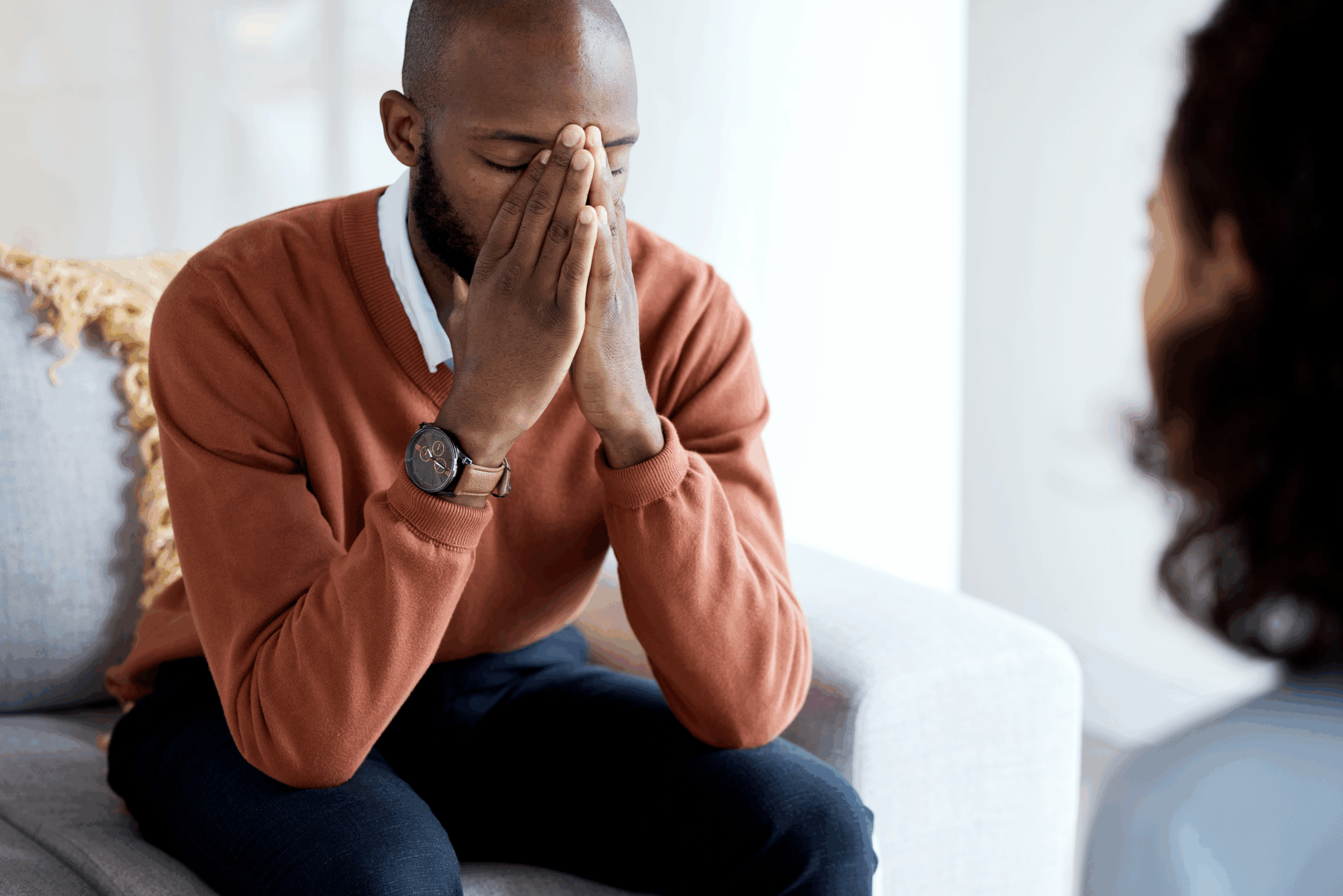How to Manage Anxiety Without Medication
Anxiety is a common mental health challenge that affects millions of people. While medication can be helpful for some, many individuals successfully manage anxiety through non-pharmaceutical methods. These approaches focus on lifestyle changes, self-care practices, and coping strategies that empower you to regain control and find relief naturally.
Practice Deep Breathing and Relaxation Techniques
Anxiety often causes rapid, shallow breathing, which can make symptoms worse. Practicing deep breathing helps activate the body’s relaxation response.
Try this simple technique:
- Inhale deeply through your nose for 4 seconds
- Hold your breath for 4 seconds
- Exhale slowly through your mouth for 6 seconds
- Repeat for several minutes
In addition, techniques like progressive muscle relaxation and guided imagery can reduce physical tension and calm the mind.
Exercise Regularly
Physical activity is one of the most effective natural treatments for anxiety. Exercise releases endorphins, improves mood, and reduces stress hormones like cortisol.
Aim for at least:
- 30 minutes of moderate exercise (e.g., brisk walking, biking)
- 3 to 5 days a week
Activities such as yoga, dancing, or swimming can also have meditative, calming effects.
Establish a Mindfulness or Meditation Practice
Mindfulness teaches you to stay present and observe your thoughts without judgment. This awareness helps you recognize anxious patterns and prevent spiraling thoughts.
Start with 5–10 minutes a day using:
- Mindfulness meditation apps (like Headspace or Calm)
- Body scans or breathing meditations
- Mindful walking or mindful eating exercises
Over time, this practice builds emotional resilience and reduces overall anxiety.
Maintain a Healthy Diet and Limit Stimulants
What you eat and drink can influence your anxiety levels. A balanced, nutrient-rich diet supports brain health and mood regulation.
Tips:
- Avoid excessive caffeine, which can trigger anxiety and restlessness
- Limit refined sugar and processed foods
- Eat regular, well-balanced meals
- Include foods rich in magnesium, omega-3s, and B vitamins
Drinking enough water and avoiding alcohol (a common anxiety trigger) also support emotional stability.
Improve Your Sleep Habits
Poor sleep can increase anxiety, while quality sleep helps regulate mood. Establish a consistent bedtime routine and aim for 7–9 hours per night.
Helpful sleep habits:
- Turn off screens 1 hour before bed
- Avoid caffeine late in the day
- Keep your bedroom cool, dark, and quiet
- Use calming techniques like reading or meditation before bed
Good sleep is essential for mental clarity and emotional balance.
Challenge Negative Thoughts
Anxiety often thrives on distorted thinking—like catastrophizing or overgeneralizing. Learn to identify and reframe irrational thoughts using cognitive behavioral therapy (CBT) techniques.
Ask yourself:
- What’s the evidence for this thought?
- Is this thought 100% true?
- What’s a more balanced perspective?
Journaling or working with a CBT workbook can help retrain your thought patterns.
Build a Support System
Talking to trusted friends, family, or support groups can reduce feelings of isolation and help you process your emotions.
- Join an anxiety support group (online or in person)
- Talk to a therapist or counselor trained in anxiety treatment
- Don’t be afraid to ask for help—support makes recovery easier
Strong social connections are vital for emotional well-being.
Conclusion
Managing anxiety without medication is possible through consistent, holistic lifestyle changes. Deep breathing, exercise, mindfulness, nutrition, and support systems are powerful tools that empower you to take control of anxiety naturally. Everyone’s journey is different, so explore what works best for you—and remember, professional help is always available if needed.

